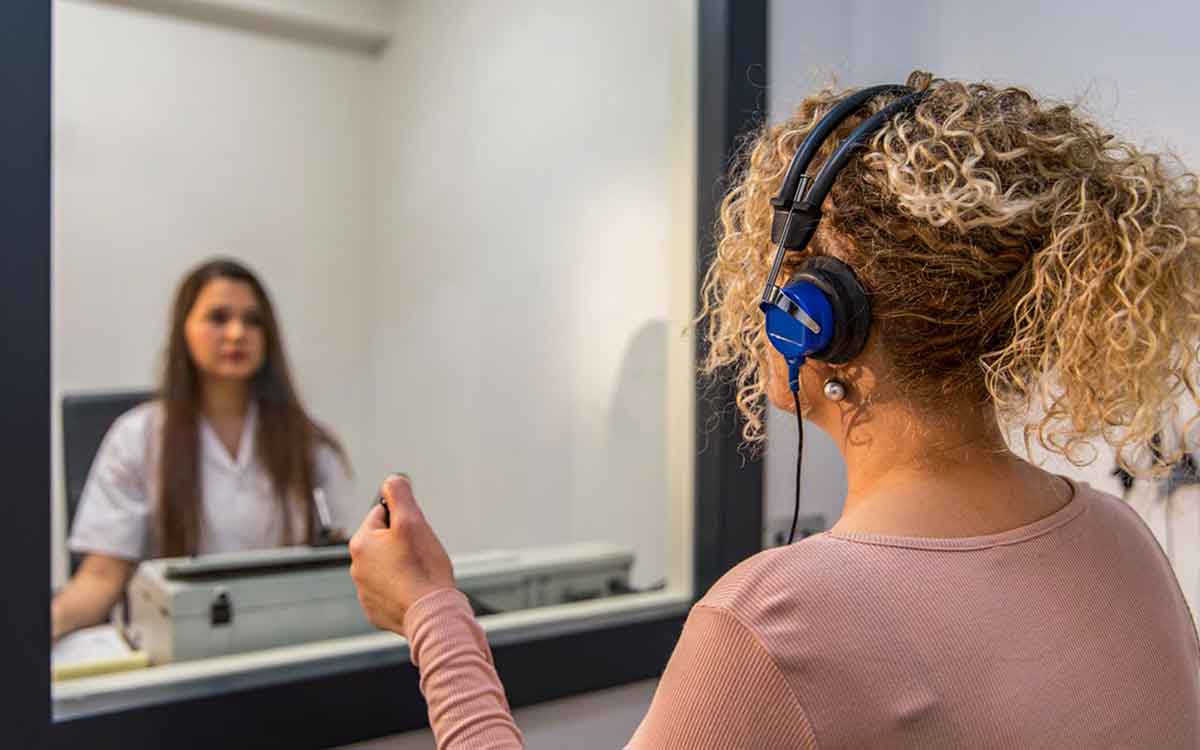
When should you schedule a hearing exam? Here are some indications you need to get your hearing assessed.
The other day, my kids complained about how loud my television was. My answer …” What?!” It was meant to be funny. But it also wasn’t. The television has been getting louder and louder. And I began to ponder: Should I get a hearing test?
There’s no good reason to avoid scheduling a hearing test. They aren’t invasive, there’s no radiation, and you don’t have to worry about discomfort. You just need to take a brief minute to schedule an appointment.
Thinking about how much untreated hearing loss can impact your health, it’s important to be more cautious about it.
You should have your hearing tested if you notice these signs
If you’ve recently experienced any symptoms of hearing loss, it’s probably a good plan to get a professional hearing assessment. If it’s hard to hear, it likely means there’s substantial hearing impairment.
- It’s hard to hear in noisy locations: Have you ever been to a crowded or noisy room and had difficulty following the conversation because of all the background noise? That may be a sign of hearing loss.
- It sounds like everyone’s mumbling all the time: In some cases it’s not loss of volume you need to worry about, it’s a loss of clarity.
- You’re always overlooking text messages: Your phone is designed to be loud. So, if you’re always missing calls or text messages, it might be because you’re noy hearing them.
- Ringing that won’t go away: Ringing in your ears, also known as tinnitus, is often an indication of hearing damage.
Other signs you should schedule a hearing test:
- Your ear is still blocked following an infection
- You have a buildup of earwax you can’t get rid of by yourself
- You take certain medications that can damage your hearing
- It is difficult to identify the source of sounds
- You have vertigo
Regular checkups
Even if you’re not observing any noticeable symptoms, it’s still important to schedule routine hearing tests.
- It is recommended to have a baseline test completed after reaching the age of 21.
- If your hearing is healthy, undergo hearing screenings every three years.
- If you show symptoms of hearing loss, have it checked immediately and then every year after that.
Regular screenings may detect hearing loss early, before any symptom are obvious. Early professional attention can dramatically increase your chances of maintaining healthy hearing over time. This means you should probably turn your TV down and set up a hearing test.